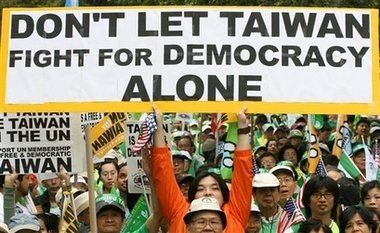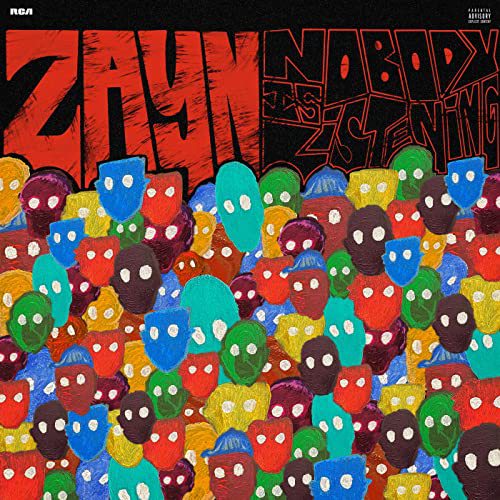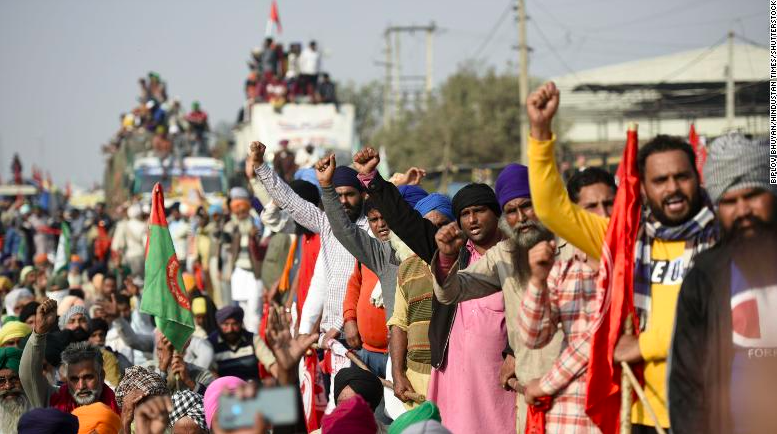China and Taiwan are both economic powerhouses, and yet they have a very complicated relationship with each other. Taiwan has been seeking independence from China for years and the crisis has only intensified with China’s military presence. There is a strong possibility that the U.S. could be dragged into the conflict due to the nature of their relationship with both countries.
One of the main triggers for the conflict was a civil war that broke out in China a few years after Japan’s victory in the First Sino-Japanese War in 1845. The civil war was fought between Chiang Kai- shek’s troops/supporters and the Communist army under Mao Zedong. In 1949, Chiang and the remnants of his Kuomintang (KMT) government fled to Taiwan. At first, KMT, which was authoritarian, wasn’t fully embraced by the Taiwanese locals. They were also under immense pressure by the growing movement of people in support of democracy. This led to the eventual election of the first non- KMT president Chen Shui-bian during the 2000 Taiwanese election.
For a period of time, relations between both countries were improving, but that quickly shifted when China began to take military action against Taiwan. According to Reuters, Taiwan witnessed multiple Chinese fighter jets and bombers entering its southwestern air defense identification zone last month. General Wei Fenghe of the Chinese Defense Ministry only served to add fuel to the fire when asked about this by justifying the military presence with the claim that Taiwan has always been a part of China. “We warn those ‘Taiwan independence’ elements: those who play with fire will burn themselves, and ‘Taiwan independence’ means war.”
On Dec. 31, 2020 the President of Taiwan, Tsai Ing- wen, made it clear that she is willing to speak with China. She will not, however, tolerate the military pressure to which Beijing is subjecting Taiwan. In a New Year’s Day address, she said, “We are willing to jointly promote meaningful dialogue so long as Beijing is willing to defuse antagonism and improve cross-strait relations, in line with the principles of reciprocity and dignity.” In response, Beijing has made it clear that she must accept that Taiwan belongs to China.
Zhu Fenglian, a spokesperson for China’s Taiwan Affairs Office, has been quoted saying that China pledged to “proactively promote peaceful development and integration.” However, many officials in Taiwan are worried that conflict with China is inevitable. This is mainly because China has sped up the development of the forces that would be needed to conquer Taiwan. The Chinese government has employed tactics like cyber attacks and diplomatic isolation with the goal of exhausting Taiwan so that they are subdued.
Various U.S. officials have made statements on the Chinese-Taiwan conflict, including the Biden administration, which has stated — albeit quietly — that they will continue to back Taiwan. State Department spokesperson Ned Price also issued a statement affirming that “our commitment to Taiwan is rock-solid.” As long as this remains true, bipartisan support for Taiwan will most likely persist in Washington.














